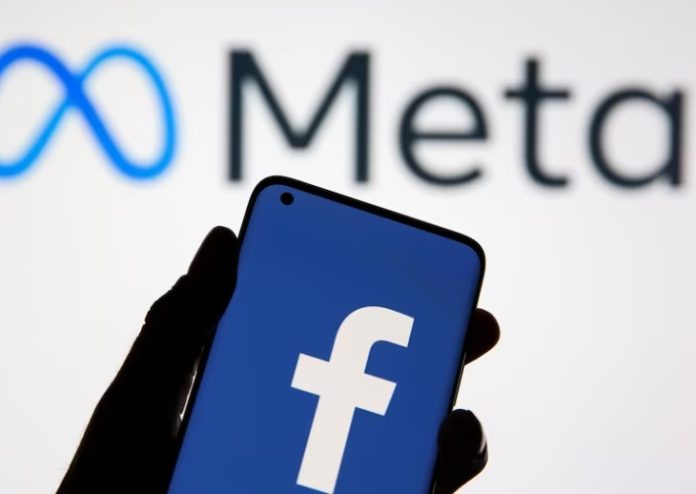On March 5, 2024, social media giant Meta, formerly known as Facebook, experienced a widespread outage that left hundreds of thousands of users around the world unable to access its platforms, including Facebook, Instagram, and WhatsApp.
The outage, which lasted for several hours, and is still experiencing some issues, caused disruptions to individuals, businesses, and organizations relying on these platforms for communication, networking, and marketing.
The outage began in the early hours of the day, with users reporting issues such as being unable to log in, post content, or send messages on Meta-owned platforms.
As the problem persisted, frustration grew among users who relied heavily on these platforms for various purposes, including staying connected with friends and family, conducting business activities, and accessing news and information.
Meta quickly acknowledged the outage and assured users that its technical teams were working to resolve the issue as quickly as possible. However, as hours passed without any significant improvement, speculation and theories about the cause of the outage began to circulate on social media and other online platforms.
Some users speculated that the outage was due to a cyberattack or a deliberate disruption by hackers. Others suggested technical issues or server failures within Meta’s infrastructure as possible causes. However, Meta remained tight-lipped about the specific reasons behind the outage, leading to further speculation and frustration among users and observers.
As the outage continued, users turned to alternative communication platforms and social networks to stay connected and share updates about the situation. Competing platforms such as Twitter and Snapchat saw increased activity as users sought alternatives to Meta-owned services.
If you’re reading this post, it’s because our servers are working
— Elon Musk (@elonmusk) March 5, 2024
The outage also had significant implications for businesses and organizations that rely on Meta’s platforms for marketing, customer engagement, and communication with stakeholders. Many businesses were unable to access their Facebook and Instagram accounts, disrupting their ability to reach customers and manage their online presence effectively.
Eventually, after several hours of downtime, Meta announced that its platforms were gradually coming back online, and users began to regain access to their accounts and services. The company issued a statement apologizing for the disruption and thanking users for their patience and understanding during the outage.
Earlier today, a technical issue caused people to have difficulty accessing some of our services. We resolved the issue as quickly as possible for everyone who was impacted, and we apologize for any inconvenience. https://t.co/ybyyAZNAMn
— Andy Stone (@andymstone) March 5, 2024
While the exact cause of the outage remains unclear, the incident highlighted the growing reliance on digital platforms for communication and the potential risks associated with such dependence.
It also underscored the need for robust infrastructure and contingency plans to mitigate the impact of similar outages in the future.
As users and businesses gradually resumed normal activities on Meta’s platforms, the outage served as a reminder of the interconnectedness of the digital world and the importance of resilience in the face of unexpected disruptions.
Many users on rival platform X took the opportunity to pock fun at the situation:
Elon Musk is enjoying while Mark Zuckerberg's Instagram and Facebook was down 🤣#facebookdown pic.twitter.com/QWJot5D45B
— Raj Kumar (@TodayHandle) March 5, 2024
Only X users are allowed to like this 😜#instagramdown #meta #META #facebookdown #WhatsAppdown #MarkZuckerbergpic.twitter.com/7DfJYwGCR1
— Anvar Khan (@anvarkhan63) March 6, 2024
Hello people of Facebook and insta who never use X….
How are you all! 👀🤣🤣#facebookdown #instadown pic.twitter.com/cdq9TyFw8J
— Sldrinky on Twitch (@sldrinky) March 5, 2024


